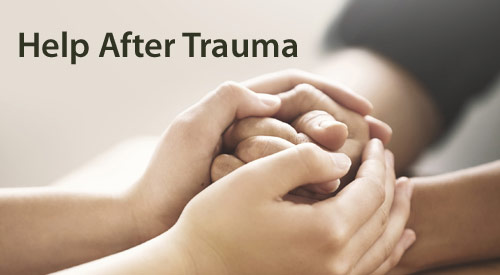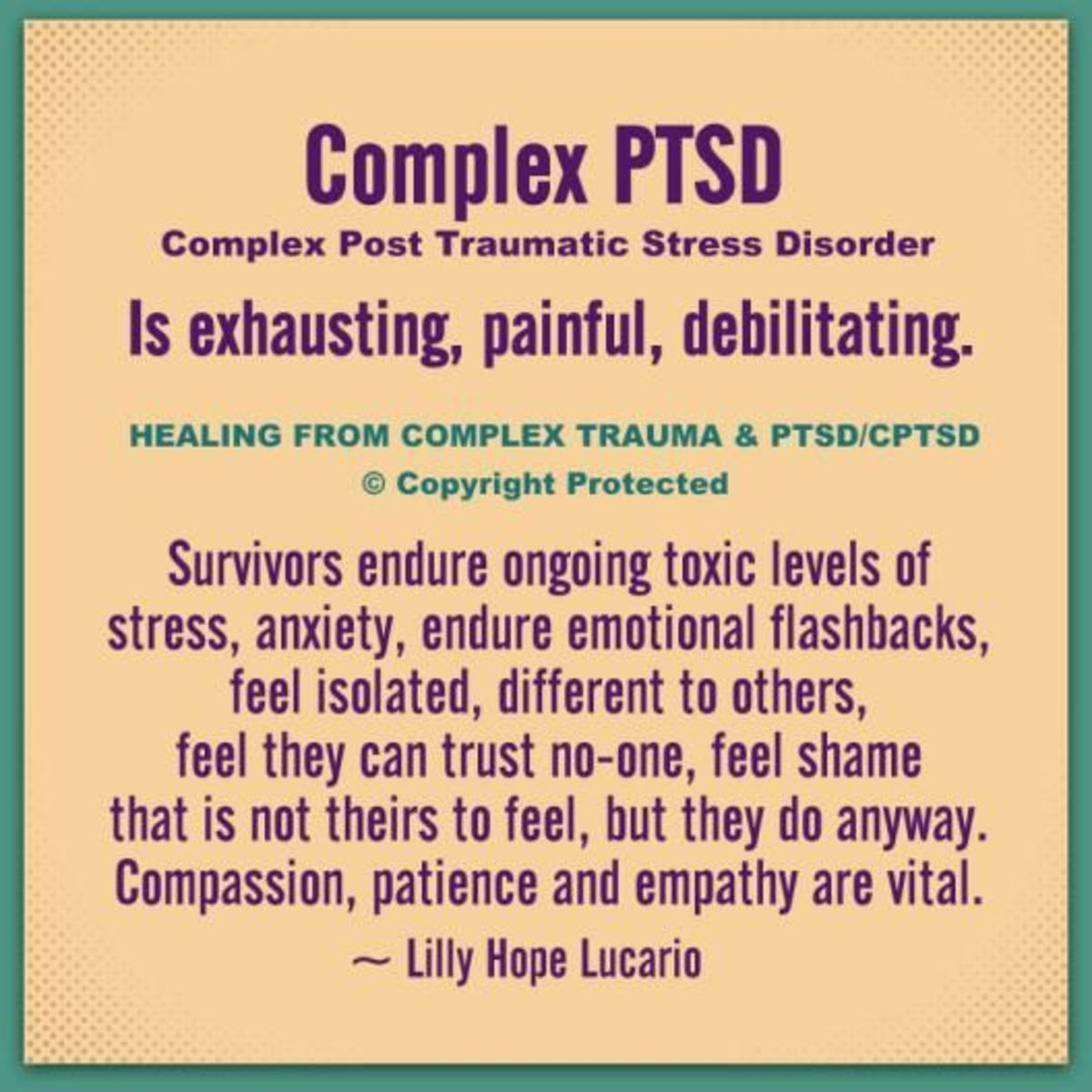PTSD: Reasons for it and What to do When You Have it



PTSD: Not just from going to war
Contrary to most beliefs, PTSD or post-traumatic stress disorder does not only affect soldiers who have come back from war. It is alarming at how many people still believe this. Victims of any kind of trauma that disrupts normal life causing mental distress can be considered, PTSD.
PTSD can cause panic attacks, lack of eating, over eating, various phobias, sleeplessness, flashbacks, talking about a similar situation, repeating the story of what happened, among other things. PTSD can also lead some individuals to not be able to hold a job. It is disabling. People who have suffered from verbal or psychical abuse, incest, rape, a car accident, medical malpractice, medical trauma, former drug users, victims of domestic violence, victims of terror attacks, witnessing a crime or murder, significant loss, and the list goes on. Of course soldiers who have witnessed mass murder, have injuries, and other ailments from going into combat have PTSD from these kinds of trauma, but they are not the only victims of this kind of mental stress.
For those who believe they have PTSD should be evaluated by a medical professional. Typically, you want to find a social worker or clinical counselor to talk to and find out if you are truly suffering from PTSD to make sure you are properly diagnosed and treated for it if needed. Talking to a counselor who specializes in trauma can be extremely helpful. Sometimes trauma is beyond what we can handle and medication can help. There are also various kinds of herbal remedies and vitamins which can help with chronic stress support, and relieve tension and anxiety.
A more common prescription in western AMA medicine for PTSD is Ativan, but there are several others depending on symptoms you get with your PTSD that may work better for you. The problem with many of today’s medications is people become reliant on medications and some people become addicted to them. Over time they can also stop working and doctors choose to switch patients to a different medication. Natural approaches are better in the long run and cause fewer vitamin deficiencies and don’t create dependencies.
Integrative therapy approaches such as using herbals, vitamins, and even acupuncture can be helpful, but also walking a few miles a day can also benefit you as a therapy. Exercising can release endorphins and make us feel happier. If you cannot walk around your neighborhood due to your specific trauma, investing in a stationary bicycle, rowing machine, or treadmill can allow you to stay in the comfort of your own home.
If you have or believe you have PTSD make sure you talk to someone and document information. There is help for this kind of trauma related mental condition.








